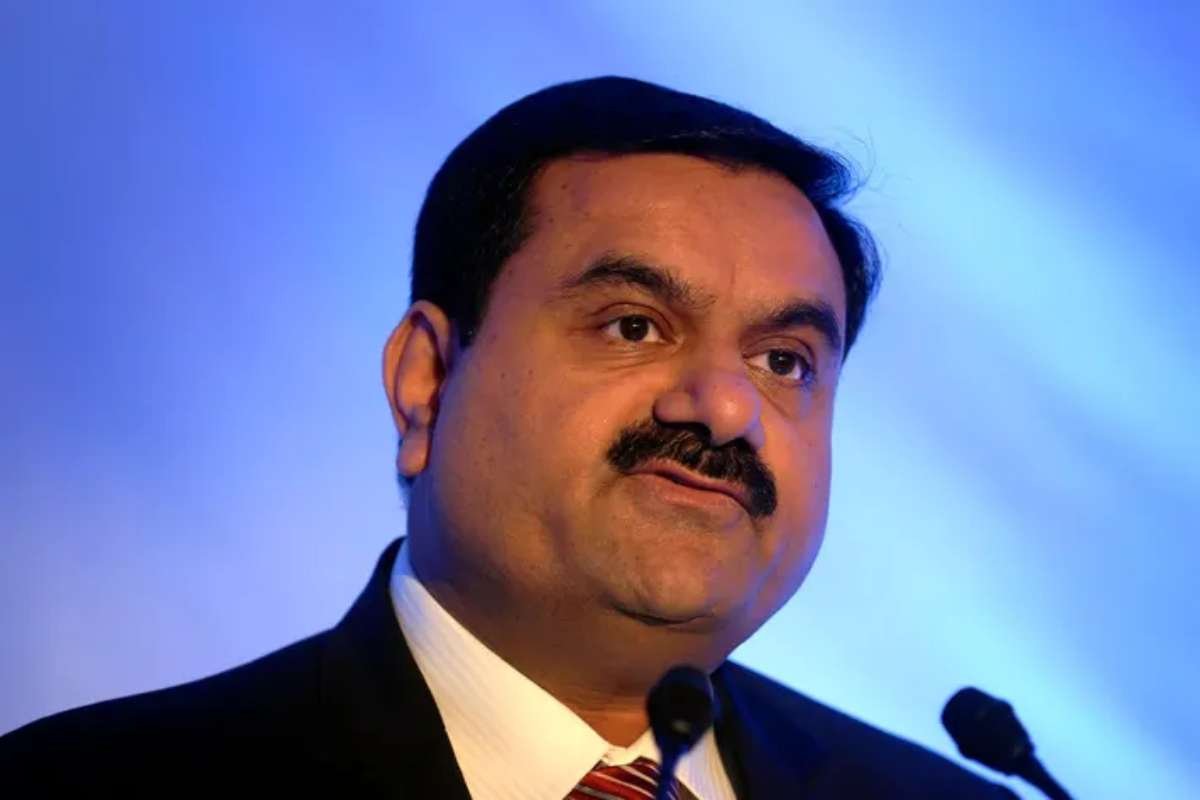Fraud Allegations Target Gautam Adani and Associates
Adani Group’s Indian billionaire Gautam Adani, one of the world’s richest individuals, is facing charges of fraud and bribery brought by U.S. federal prosecutors. The Eastern District of New York’s attorney’s office has accused Adani and his associates of orchestrating a $250 million bribery scheme to secure lucrative solar energy contracts for Adani Green Energy, a renewable energy company under the Adani Group. These contracts, worth billions, were allegedly obtained by bribing Indian government officials between 2019 and 2020.
Prosecutors allege Adani personally discussed these bribes, while his nephew, Sagar Adani, meticulously tracked payments using encrypted communications. The indictment also claims the group provided false statements to raise funds through a 2021 bond offering, deceiving U.S. and international investors about their anti-corruption practices. The U.S. Securities and Exchange Commission (SEC) has filed a parallel civil lawsuit, stating Adani Green Energy raised over $175 million from U.S. investors through misleading representations.
Breon Peace, the U.S. attorney for the district, called the case an “elaborate scheme” involving bribery, fraud, and subsequent cover-ups. This scandal further tarnishes the Adani Group’s reputation, which was previously under scrutiny for allegations of fraud and stock manipulation by Hindenburg Research in 2023.
Impact on Business and Key Players in the Scandal
The fallout from these allegations has been swift, with shares of Adani Group companies experiencing sharp declines, including an 18% drop in Adani Green Energy. In addition to Gautam Adani, several key figures have been named in the indictment, including Sagar Adani, executive Vneet Jaain, and Deepak Malhotra, a former employee of a Canadian institutional investor. Malhotra faces accusations of conspiring to obstruct investigations into the scheme.
The indictment highlights Adani Group’s methods, which involved bribing officials across multiple Indian states to adopt costly solar energy plans, securing long-term profits for the conglomerate. For example, prosecutors allege a $228 million bribe was offered to a single unnamed official in Andhra Pradesh to secure energy contracts. Other states, including Odisha and Jammu and Kashmir, followed suit, signing up for deals influenced by these kickbacks.
This alleged corruption not only impacted the Indian energy sector but also raised questions about Adani’s influence, largely attributed to his close ties with Indian Prime Minister Narendra Modi. Critics argue that Adani’s personal relationship with Modi, both hailing from Gujarat, has provided him with an unfair advantage in securing government contracts and altering bidding rules.
Broader Implications and Historical Context
The Adani scandal underscores the growing enforcement of the U.S. Foreign Corrupt Practices Act (FCPA), which prohibits bribery of foreign officials by companies operating in the U.S. Past cases under the FCPA have resulted in substantial penalties for global corporations like Siemens and Petrobras. This case is a reminder of the law’s reach and its role in combating corporate corruption.
Despite these allegations, Adani has previously denied accusations of preferential treatment and defended the growth of his business as a result of India’s economic liberalization in the 1980s. However, the indictment points to a pattern of fraudulent activities spanning several years, including misleading investors during a $1.35 billion loan acquisition and bond issuance in 2021.
The Adani Group, which had proclaimed its solar energy project as the “world’s largest solar award,” now faces a credibility crisis. As investigations continue, the fallout from this case may further shake investor confidence and challenge the billionaire’s ambitious plans, including his recent pledge to invest $10 billion in U.S. energy infrastructure.


















